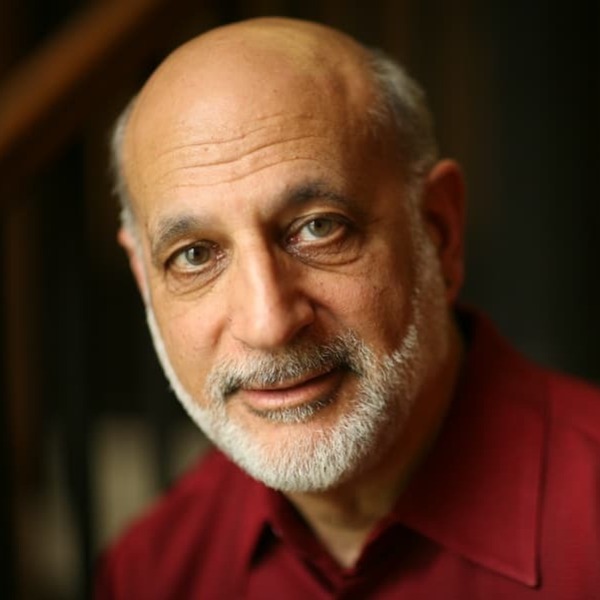Thomas Merluzzi
Professor Emeritus
- Office
- .
Notre Dame, IN 46556 - Phone
- .
- tmerluzz@nd.edu
- Website
- https://merluzzilab.nd.edu/
Research and teaching interests
Psychological and Social Aspects of Cancer.
Biography
Professor Merluzzi's research is in an area of health psychology referred to as psycho-oncology. Psycho-oncology is the scientific study of the interface of the medical and psychological aspects of cancer. Within psycho-oncology, he primarily studies coping with cancer as well as coping with stressors external to the disease from the perspective of social learning theory and, in particular, self-regulation and self-efficacy theories. He has developed and refined the Cancer Behavior Inventory, a widely-used measure of self-efficacy for coping with cancer. The Cancer Behavior Inventory has been translated into many languages for use in clinical and research settings. Recently translated and validated versions of the Cancer Behavior Inventory have included the Italian version of the Brief CBI (Serpentini, Del Bianco, Chirico, Merluzzi, et al., 2019) and the Korean version of the CBI-V3.0 (Lee, Merluzzi, Choi, & Lee, 2021).
Professor Merluzzi’s perspective is one in which persons with cancer are not victims or passive recipients of care, but broadly speaking, active agents in pursuing their well-being. Thus, coping is not just enduring hardship but also seeking information, asking questions, actively managing distress, seeking support and maintaining to any extent possible an active lifestyle including one’s social life. Along those same lines, his research in social support takes the perspective that social support is not uniformly helpful and should not merely be the passive acceptance of help. He has shown that social support is most helpful when there is a match between need for support and the provision of support; moreover, the person with cancer should play a role in fostering the match between need and provision. In addition, he has developed a new perspective on social support, social relationship coping efficacy, that focuses empowering persons with cancer to be agents of constructing, maintaining and enhancing their social network and social support.
In an emerging area of reserach, Professor Merluzzi has investigated religious/spiritual coping with cancer. He has published a theoretical perspective on the integration of modern psychological theory with traditional approaches to religious/spiritual coping. That project delved into the historical, conceptual and practical aspects of relinquishing control or “letting go” including relinquishing control of outcomes to God. The most recent project published in this area has focused on peace/meaning in one's life as the mechanism by which "letting go" enhances quality of life in persons with cancer. Finally, Professor Merluzzi has collaborated with his graduate student, Dr. Natalia Salamanca-Balen, on a new, comprehensive theory of hope that integrates uncertainty about the future and personal control. This integrative hope theory covers ordinary, everyday aspirations as well as those transcendental goals that are many times integral to coping with cancer.
More information on the Cancer Behavior Inventory, social support, social relationship coping efficacy, and religious coping is contained in the Laboratory for Psycho-oncology website.
Education
Ph.D. The Ohio State University
M.A. The Ohio State University
B.A. Central Connecticut State University
Representative Publications
Chirico, A., Palombi, T., Alivermini, F., Lucidi, & Merluzzi, T.V. (2024). Emotional distress symptoms, coping efficacy, and social support: A network analysis of distress and resources in persons with cancer. Annals of Behavioral Medicine.
Merluzzi, T.V., Salamanca-Balen, N., & Philip, E.J. (2024). Perceived discrimination and quality of life for African American and Caucasian American cancer patients: A coping mediation analysis of subtle and overt microaggressions. Ethnicity and Health.
Merluzzi, T.V., Salamanca-Balen, N., Philip, E.J., Salsman, J.M. & Chirico, A. (2024). Integration of psychosocial theory into palliative care: Implications for care planning and early palliative care. Cancers, 16(2); https://doi.org/10.3390/cancers16020342
Merluzzi, T.V., Salamanca-Balen, N., Philip, E.J., & Salsman, J.M. (2023). “Letting go” - Relinquishing control of illness outcomes to God and quality of life: Meaning/Peace as a mediating mechanism in religious coping with cancer. Social Science and Medicine. https://doi.org/10.1016/j.socscimed.2022.115597